Because One Frederick Faust Post Isn’t Enough: The Sacking of El Dorado
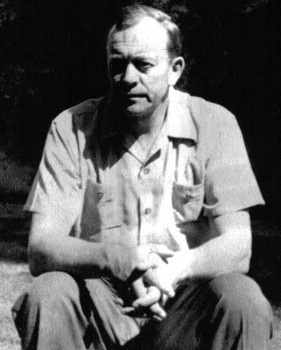 “So it will be when we are dead that perhaps our lives will stand for something.”
“So it will be when we are dead that perhaps our lives will stand for something.”
“A typewriter is almost like a human being to me.”
“Have recently sent thirty-eight poems to our leading magazines and received thirty-eight poems back from our leading magazines.”
“All that can save fiction is enormous verve, a real sweep, plus richness of character, blood that can be seen shining through.”
“Why is my verse so difficult, so dead, so dull to other people?”
—Frederick Faust, from various letters
I was surprised but pleased to see the positive reaction that my post about Frederick Faust, a.k.a. Max Brand, received last week. It was enough for me to want to spend an extra week on the author, specifically to take a closer look at an individual volume of his work. Faust has rarely received this sort of attention, as John C. Hocking pointed out in the comments last week, and so I’ll spend another Tuesday of your time talking about a man who was not only the most prolific of the pulpsters, but one of the most skilled and literary.
 Once a Bedouin girl tamed a crooked stallion — and the Arabian breed was born. A tale of legend and desert war.
Once a Bedouin girl tamed a crooked stallion — and the Arabian breed was born. A tale of legend and desert war. Justina Robson’s
Justina Robson’s  Over at
Over at 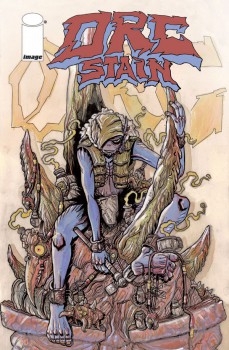 “And the Orcs took the fortress on the west slopes of Mount Rerir, and ravaged all Thargelion, the land of Caranthir; and they defiled Lake Helevorn.”
“And the Orcs took the fortress on the west slopes of Mount Rerir, and ravaged all Thargelion, the land of Caranthir; and they defiled Lake Helevorn.”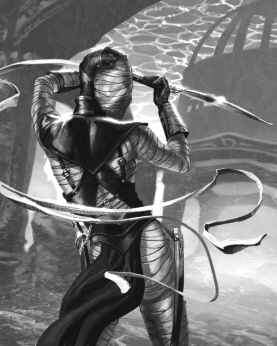 The crumbling passage led to an underwater city, filled with marvels, wild magic… and secrets.
The crumbling passage led to an underwater city, filled with marvels, wild magic… and secrets.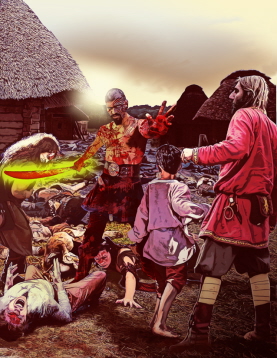 John Ottinger III at Grasping for the Wind has posted the first review of Black Gate 14. Here’s what he says about our latest issue:
John Ottinger III at Grasping for the Wind has posted the first review of Black Gate 14. Here’s what he says about our latest issue: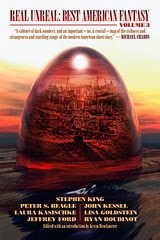 I don’t know whether the third edition of Best American Fantasy, which has found a new home with
I don’t know whether the third edition of Best American Fantasy, which has found a new home with 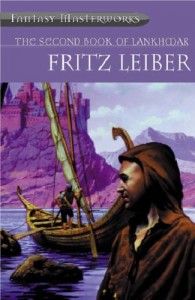 Over at
Over at